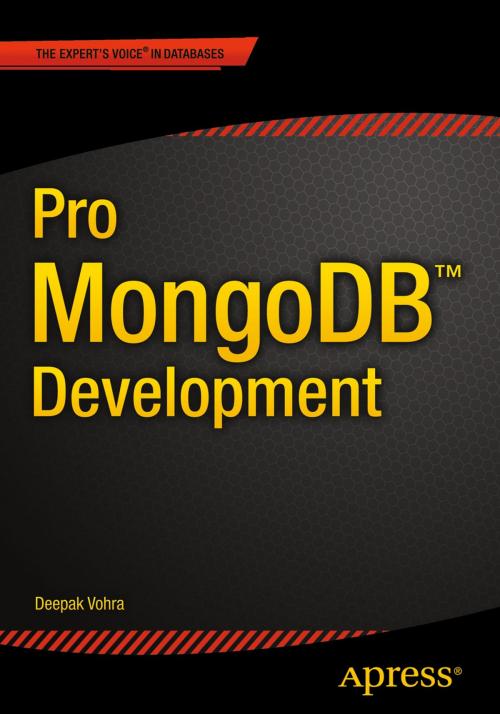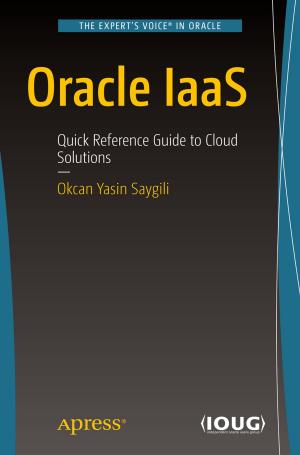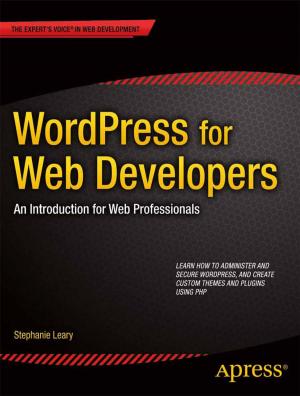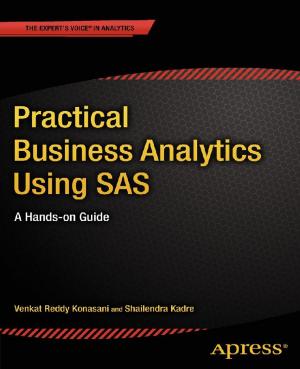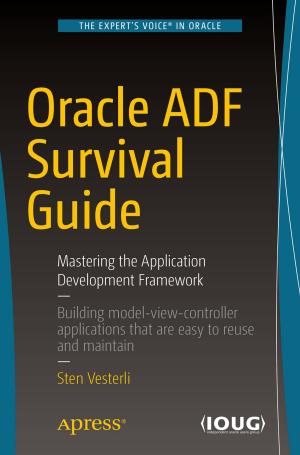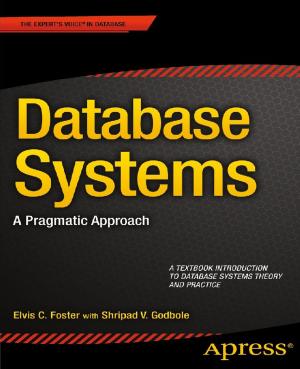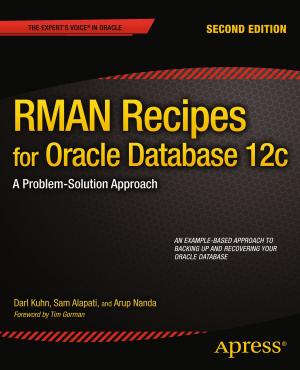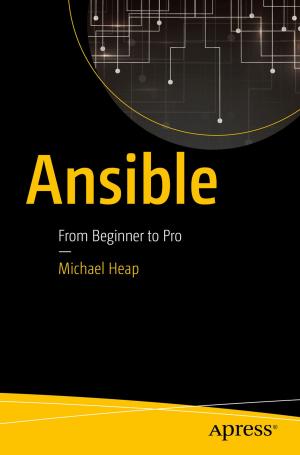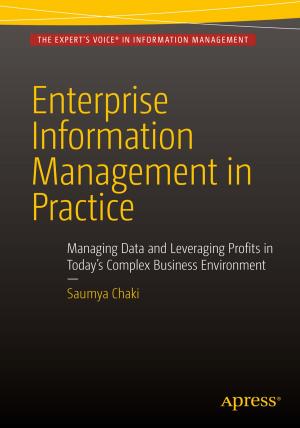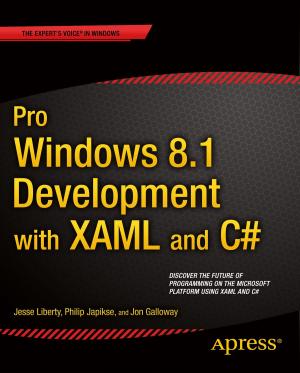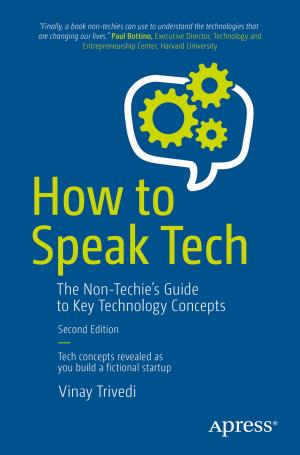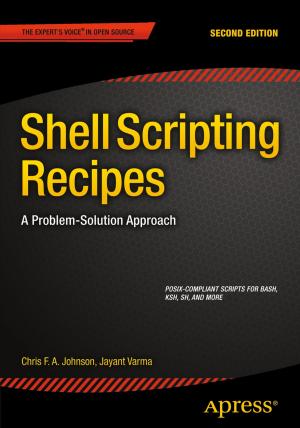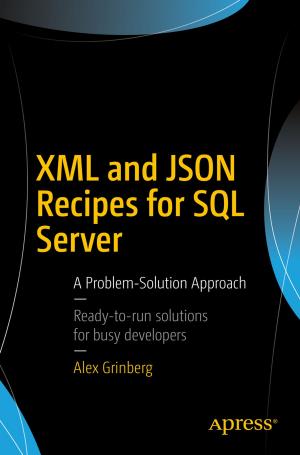| Author: | Deepak Vohra | ISBN: | 9781484215982 |
| Publisher: | Apress | Publication: | December 30, 2015 |
| Imprint: | Apress | Language: | English |
| Author: | Deepak Vohra |
| ISBN: | 9781484215982 |
| Publisher: | Apress |
| Publication: | December 30, 2015 |
| Imprint: | Apress |
| Language: | English |
Pro MongoDB Development is about MongoDB, a NoSQL database based on the BSON (binary JSON) document model. The book discusses all aspects of using MongoDB in web applications: Java, PHP, Ruby, JavaScript are the most commonly used programming/scripting languages and the book discusses accessing MongoDB database with these languages.
The book also discusses using Java EE frameworks Kundera and Spring Data with MongoDB. As NoSQL databases are commonly used with the Hadoop ecosystem the book also discusses using MongoDB with Apache Hive. Migration from other NoSQL databases (Apache Cassandra and Couchbase) and from relational databases (Oracle Database) is also discussed.
What You'll Learn:
-
How to use a Java client and MongoDB shell
-
How to use MongoDB with PHP, Ruby, and Node.js as well
How to migrate Apache Cassandra tables to MongoDB documents; Couchbase to MongoDB; and transferring data between Oracle and MongoDB
How to use Kundera, Spring Data, and Spring XD with MongoDB
How to load MongoDB data into Oracle Database and integrating MongoDB with Oracle Database in Oracle Data Integrator
Audience:
The target audience of the book is NoSQL database developers. Target audience includes Java, PHP and Ruby developers. The book is suitable for an intermediate level course in NoSQL database.
Pro MongoDB Development is about MongoDB, a NoSQL database based on the BSON (binary JSON) document model. The book discusses all aspects of using MongoDB in web applications: Java, PHP, Ruby, JavaScript are the most commonly used programming/scripting languages and the book discusses accessing MongoDB database with these languages.
The book also discusses using Java EE frameworks Kundera and Spring Data with MongoDB. As NoSQL databases are commonly used with the Hadoop ecosystem the book also discusses using MongoDB with Apache Hive. Migration from other NoSQL databases (Apache Cassandra and Couchbase) and from relational databases (Oracle Database) is also discussed.
What You'll Learn:
-
How to use a Java client and MongoDB shell
-
How to use MongoDB with PHP, Ruby, and Node.js as well
How to migrate Apache Cassandra tables to MongoDB documents; Couchbase to MongoDB; and transferring data between Oracle and MongoDB
How to use Kundera, Spring Data, and Spring XD with MongoDB
How to load MongoDB data into Oracle Database and integrating MongoDB with Oracle Database in Oracle Data Integrator
Audience:
The target audience of the book is NoSQL database developers. Target audience includes Java, PHP and Ruby developers. The book is suitable for an intermediate level course in NoSQL database.
